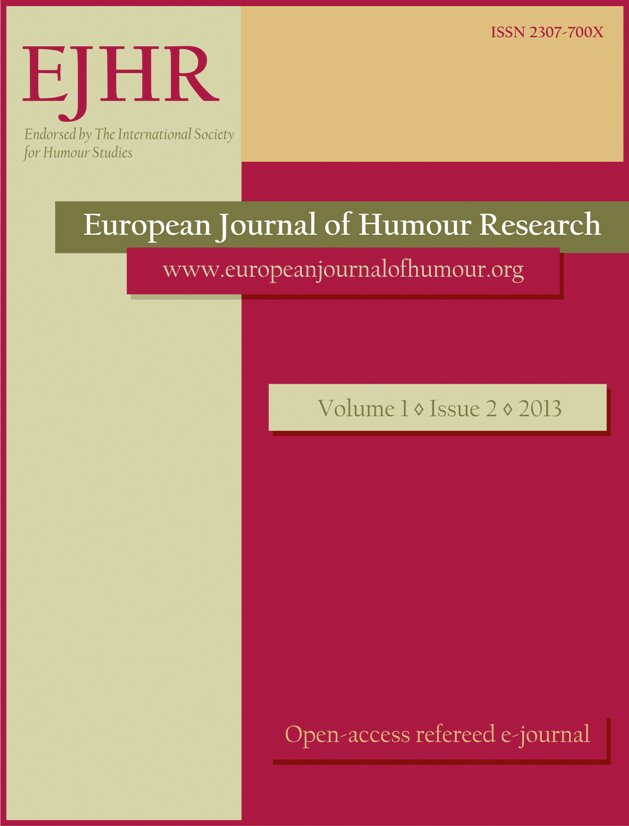Canned jokes in Russian public political discourse
Canned jokes in Russian public political discourse
Author(s): KSENIA M. SHILIKHINASubject(s): Politics / Political Sciences, Social Sciences, Language and Literature Studies, Theoretical Linguistics, Applied Linguistics, Political Theory, Communication studies, Pragmatics, Sociolinguistics, Politics and communication, Politics and society
Published by: Krakowskie Towarzystwo Popularyzowania Wiedzy o Komunikacji Językowej Tertium
Keywords: canned jokes; public discourse; political discourse; bona fide mode of communication; non-bona fide mode of communication;
Summary/Abstract: The paper addresses a well-documented genre of Russian canned jokes from a socio-pragmatic perspective. The goal of the paper is twofold: firstly, it aims at examining a relatively new phenomenon of telling jokes in public political discourse. Secondly, it argues that jokes – a typical example of a non-bona fide genre – can nevertheless be used to convey bona fide messages. As a specific sphere of communication public political discourse incorporates official interaction of professional politicians as well as publicly expressed attitudes of ordinary people. Because jokes capture our experience and reflect ongoing social processes, modern Russian political discourse in many of its forms eagerly employs the genre. But, whenever a joke is used in the official political communication, we face the discrepancy between the premise of the bona fide mode of political discourse and non-seriousness of jokes. On the surface telling jokes in political discourse might seem to be a temporal switch from the bona fide to the non-bona fide mode of communication. However, the content of canned jokes told by politicians reveals deep social implications: for instance, Vladimir Putin’s frequent references to Soviet realia are signs of superiority and control over the situation. Jokes told by Putin’s opponents, on the one hand, reveal disappointment; on the other, they are part of the struggle for power. Telling jokes in public political discourse shows that the borderline between two modes of communication – bona fide and non-bona fide – is fuzzy since jokes transmit serious messages for the participants of political communication.
Journal: The European Journal of Humour Research
- Issue Year: 1/2013
- Issue No: 2
- Page Range: 84-100
- Page Count: 17
- Language: English

